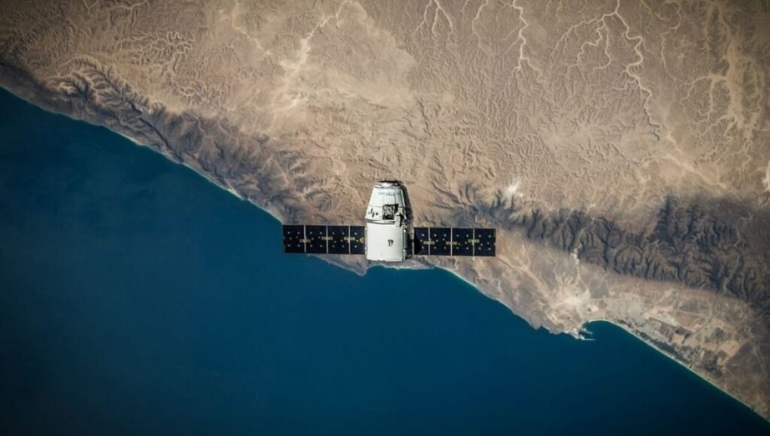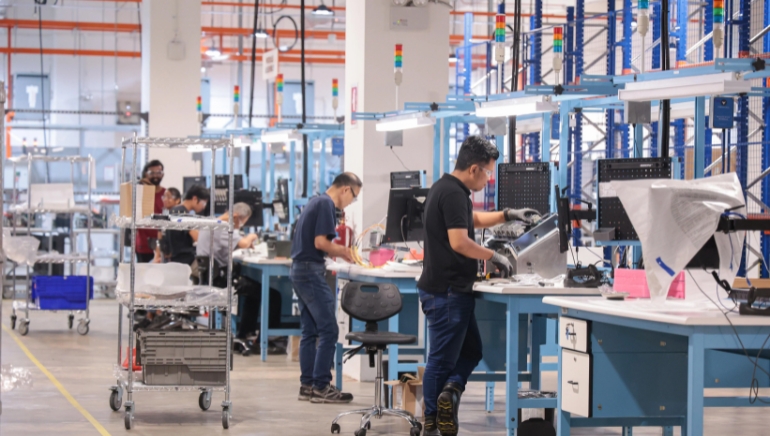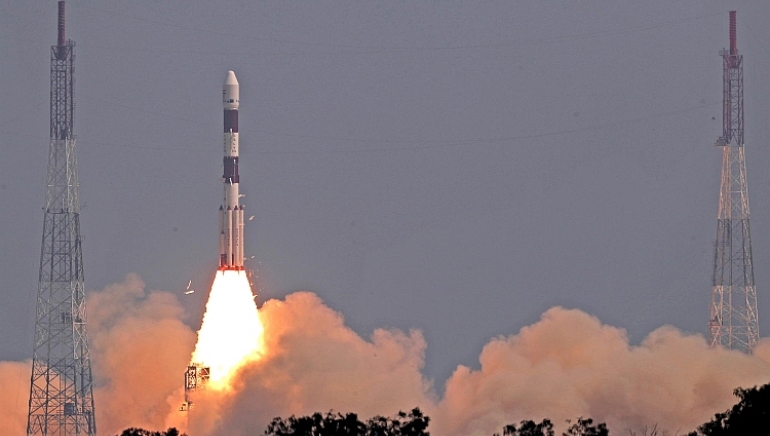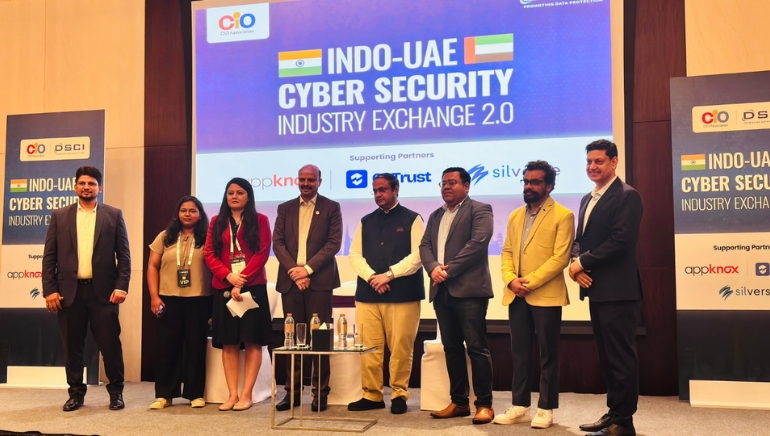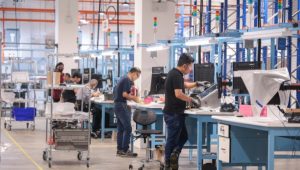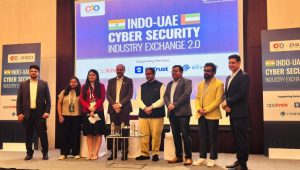The United Arab Emirates has emerged as the world leader in telecommunications infrastructure, according to the second edition of the “State of Digital Transformation Report.”
The report, published by the UAE’s Higher Committee for Government Digital Transformation at the Digital Readiness Retreat, showcases the country’s significant digital achievements in 12 critical areas. These sectors are the economy, finance, human resources, health, education, community development, culture, security, immigration, justice, infrastructure, energy, logistics, and environmental management.
Minister Ohood bint Khalfan Al Roumi emphasised that digital readiness and transformation are key to the UAE’s strategy for improved governance and quality of life. She lauded the UAE’s high ranks in global competitiveness indexes for digital governance and emphasised the necessity of maintaining momentum towards national digital goals.
The research exposes the UAE’s first-place global ranking in UN telecommunications infrastructure rankings, as well as its leadership in digital government frameworks, content, and knowledge. The country also topped Oxford Insights’ “Government AI Readiness Index 2024,” finished third in government service delivery, and was fourth in the World Bank’s GovTech Maturity Index.
Digital transformation has resulted in significant efficiency improvements, with users saving AED368 billion and the government saving AED20 billion.






